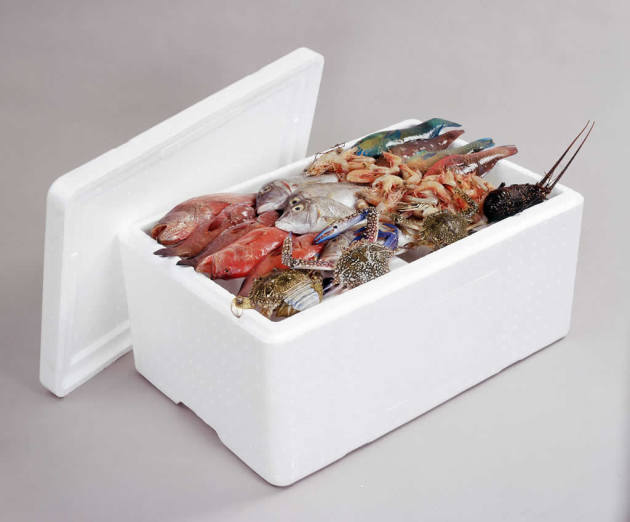A packaging and environment research council has plans to address misconceptions about packaging with the general public.
The initiative, headed up by the Industry Council for research on Packaging & the Environment (INCPEN) hopes to counter the myth that packaging is a major environmental problem.
INCPEN's director Jane Bickerstaffe says this belief means people fail to see packaging as a contributor to sustainability.
“For example, people often regard the pre-packaging of items that can be sold loose, such as apples and tomatoes, as a demonstration of unnecessary packaging,” she said.
“The reality however, is that a far higher proportion of foods sold loose are damaged and end up being wasted.
“There is 27 per cent more waste, for example, from apples sold loose than those sold in trays and wrapping.”
The problem of food waste, says INCPEN, can be more effectively tackled if a greater focus is placed on trying to prevent it happening in the first place rather than finding ways to deal with it after it has occurred.
And this is where packaging has a role to play.
“Packaging can help ensure that food products are effectively protected and preserved throughout the supply chain so that they arrive at the consumer’s home in the best possible condition,” she said.
“Just as important, it can help ensure the product lasts as long as possible in the home.”
For this reason, INCPEN believes calls to ban or restrict certain types of packaging or to avoid packaged goods are misplaced.
Leading London chefs, for example, campaigned to ban the use of expanded polystyrene (EPS) containers.
“The reality is, EPS is the ideal material to maintain the freshness of fish and keep it in perfect condition during its journey from sea to restaurant,” Bickerstaffe said.
“It also has the lowest carbon footprint of any plastic type and although not easy to recycle, in London 21 per cent of waste is recovered as energy.
“Food manufacturers need to be able to select from the widest choice of packaging materials and formats to enable them to find the right solution for their particular product.”
“Overpackaging in itself is something of a myth since no right-minded manufacturer is going to spend more than is absolutely necessary on its packaging, particularly in today’s highly competitive markets.”






